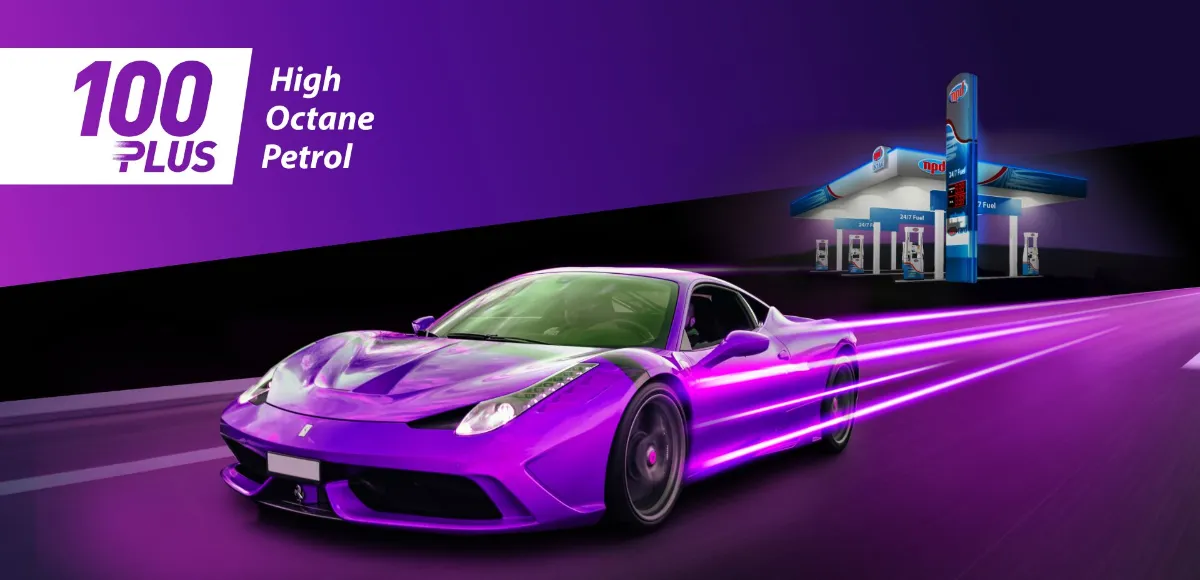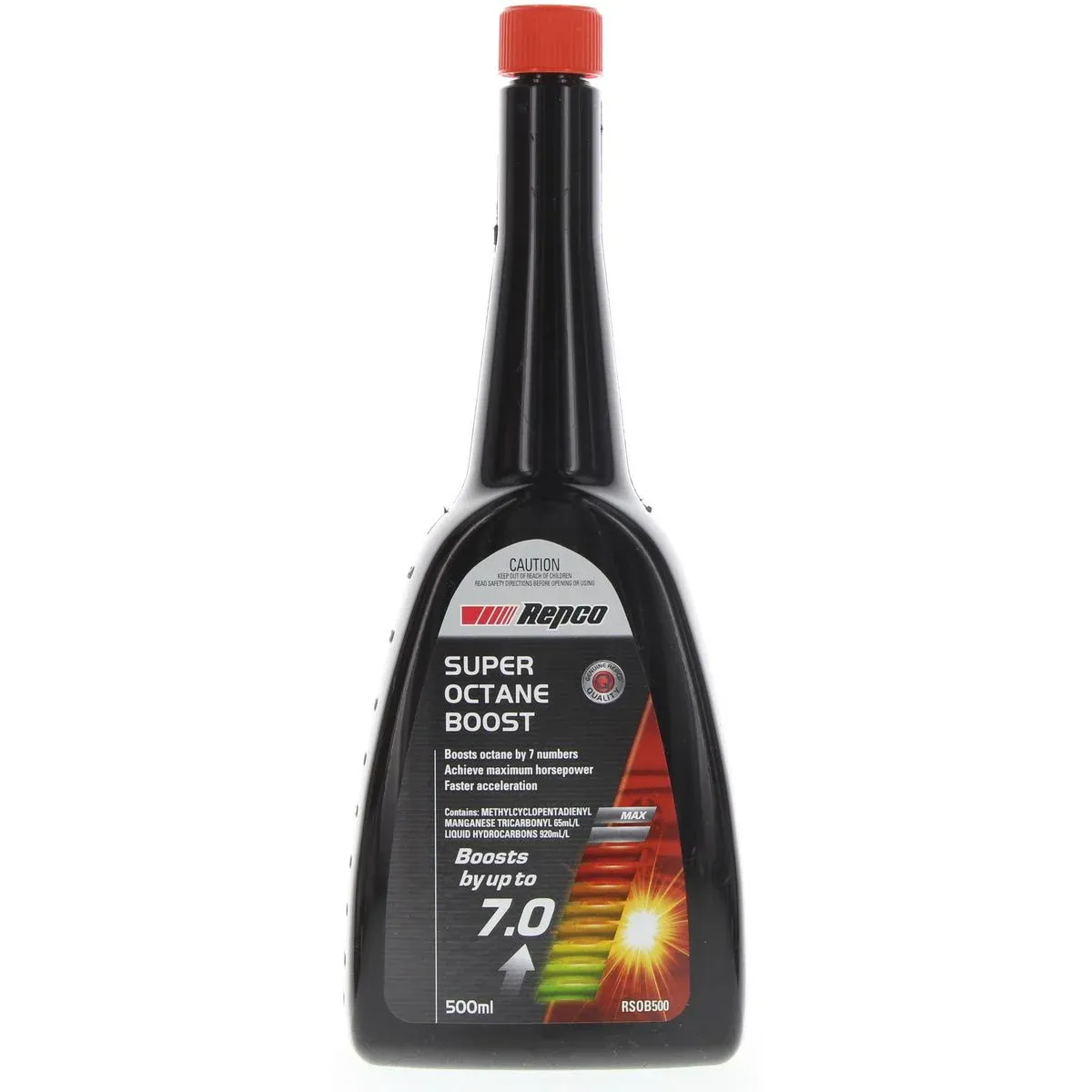How to save money at the pump
Hamish Dickson - 29th October 2024
It appears to be common knowledge that the petrol with a higher octane rating means more power and better fuel economy. The purpose of this short article is to explain why this is a myth, and why both fuels will work as well in a car designed to run a particular fuel. So, spending extra money on premium fuels when your car’s owners manual says 91 is suitable, will not give you better economy or more power.

The octane rating of a fuel is simply the fuel’s resistance to combusting under high compression without causing engine knock. Engine knock occurs when the fuel ignites before it reaches top dead center, where fuel would normally be ignited by a spark plug. Engine knock can damage some engines over time, not to mention losing power and fuel economy. So, if your engine is of the standard compression variety, running 91 will be fine. However, if your car has a high compression engine, or runs a turbocharger, a higher-octane fuel is preferred as it has a higher resistance to pre-ignition under high compression.
If your car is designed to run on 91, putting 95 or 98 will not make any difference at all to your car’s performance or fuel economy. It will, however, affect your wallet. By contrast, if your car is designed to run on octane levels higher than 91, it’s good practice to use 95 or higher. I took my Chevrolet Camaro down the West Coast of the South Island back in 2022. The manual recommends premium grade petrol. What I wasn’t expecting was the long drive between fuel pumps that sold 95 Octane fuel, and I found that I had to settle for 91 instead. This isn’t a major issue, as the fuel management system in most modern cars has knock sensors that detect knocks and adjust the engine timing to compensate. This ultimately reduces engine knock, but also reduces performance and fuel economy, as the engine runs less efficiently. Ideally I should have bought some octane booster to add to the fuel when topping up with 91. Putting octane boost in your car will not make it run better unless your car needs a higher octane level than the petrol in your car. Boy racers who already have high octane fuel in their car and add octane boost, thinking they are getting more power, are wasting their money.

High-end fuels usually have additives in them that apparently help clean your intake valves. Some fuel companies have these additives in all their fuels, while others have a higher level of these additives in their higher end fuels. There are standards that fuels need to comply with in order to be sold in Aotearoa, so whatever you put in your car, it should be perfectly fine. What fuel companies do is focus on advertising their premium fuels rather than their regular fuels, and these higher advertising costs are passed on to the end user at the pump.
Bottom line - If your manual says 95 octane or higher is required, you should use this fuel, but if it says 95 or higher is recommended, it is up to you but you will get slightly better economy and slightly more power. If your manual says 91 is recommended to run in your car, higher octane is simply a waste of money. If you don’t know what fuel is needed for your car, it will be in your owner’s manual - or you can just ask your dealer or mechanic. Happy motoring.